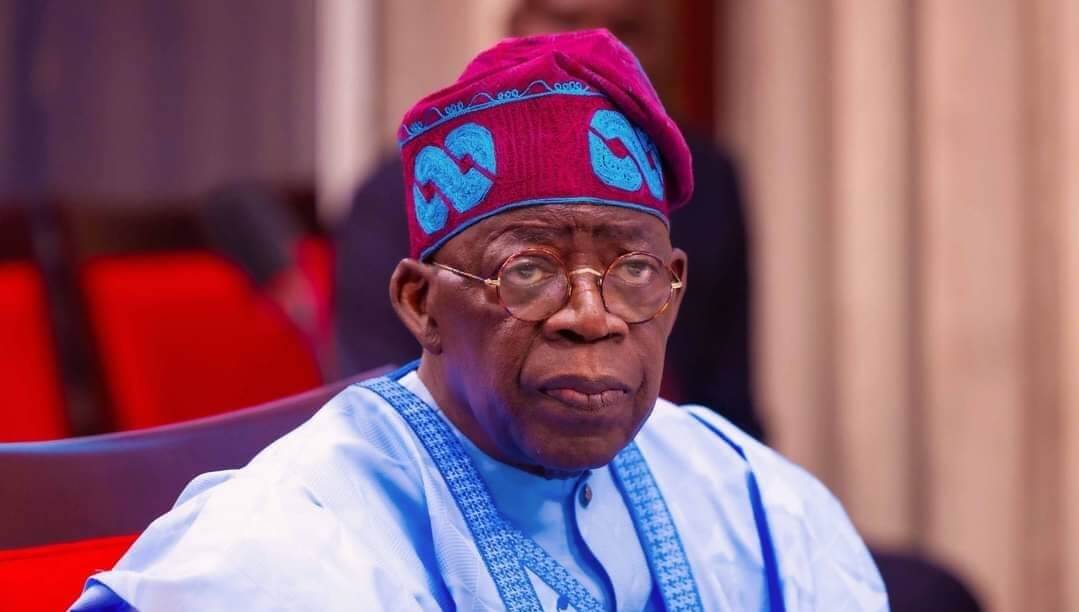Give Tinubu More Time To Deliver Economic Reforms, Sanwo-Olu Tells Nigerians In London
Lagos State Governor, Babajide Sanwo-Olu, has asked Nigerians to give President Bola Tinubu more time, saying his economic reforms would soon begin to yield positive outcomes.
The governor who noted that six months is a short term to evaluate Tinubu’s economic reforms, said that what the president has done in the past six months, none of his predecessors had the courage to do.
Advertisement
He said Tinubu took a courageous step by ending the petrol subsidy regime, which will save the country billions of dollars.
Sanwo-Olu who is on a weeklong business trip to London, United Kingdom, stated this during a live interview on Sky News, a British news channel.
He said: “I believe six months is a short time to evaluate President Tinubu’s far-reaching reforms but in terms of the clear strategy and focus, the Tinubu administration is there. What the President has done over the last six months, none of his predecessors had no audacity to do. He took the courage and removed the subsidy on petrol, which will save the country about $2.5 billion. These are funds that can go into other areas, such as education, health, and social investment. What he brings to the table is more important, having governed Lagos before.
“The fact that the President is challenging members of his cabinet to sit up and focus on the business of governance shows his commitment. He said he would not hesitate to kick out non-performing ministers. What we are asking the citizens is to give the President a bit more time. He has a bold, laudable economic agenda, known as Renewed Hope. In the next few months, we will begin to see relief coming out from all of the interventions he has put forward and the country will be better for it.”
Advertisement
Sanwo-Olu also spoke about the readiness of Lagos to welcome more foreign investment in key sectors of the economy.
According to him, although a sub-national, Lagos has a GDP bigger than the economies of Kenya, Ghana, Rwanda and Senegal.
The state recently constituted the International Financial Council as an advisory board to offer sufficient information to investors about red tapes, the regulatory and legal frameworks guiding business in the state.
Speaking on this, he said: “As part of our drive to promote more foreign direct investment into Lagos, we have recently constituted the International Financial Council. The whole idea is for us to be able to let the world know what is happening in Lagos, starting with the Lord Mayor’s Show held in London. This is because Lagos shares a lot of history with London.
“The International Financial Council will be setting up strategies where we can handhold British companies and investors willing to come to Lagos to invest their capital. The Council will avail them of the red tapes, regulatory and legal framework. Investors will know what kind of permit and approvals they need to have. The Council will set up structures where communication and collaboration will be facilitated.”
Advertisement
The governor listed technology, the financial service sector, creative industry and consumer products as key areas of priorities the state government was expecting to expand.
“The tech industry is very important. In the last four years, Lagos has become the capital of tech start-ups. The sheer number of entrants into the tech space shows that there is still a lot of depth we need to bring into the technology sector. Building capability in the technology space will help us drive and improve the financial service sector, where we have a whole lot of financial products needed to be deepened.
“We want to see a lot more international financial organisations coming to the sector. We want to have a creative industry to also be a key player in Lagos economy. Then, of course, General Consumer products. Because of the size of our population, we believe any investor can have a share of the market. Lagos does not have the luxury of land for extensive farming, but we are very well in other business areas because of the size of population and nature of services people need,” he said.



